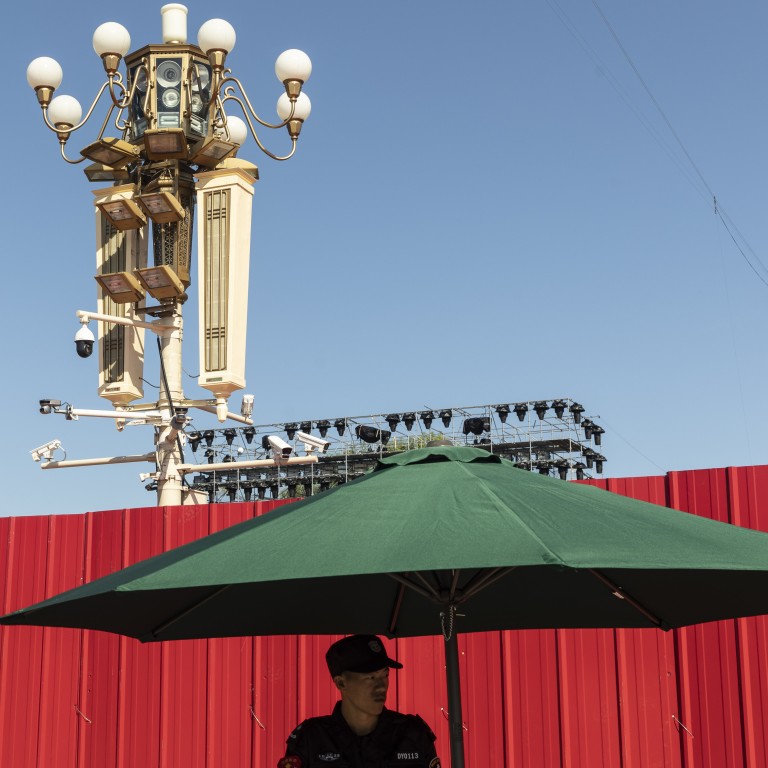
Why the West should stop projecting its fears onto China and cultivate a more mature relationship
- In the West’s black-and-white telling, China has been either good or evil in the past 70 years. The West swoons when it sees China becoming more liberal, but demonises Beijing when it stirs up Western fears of techno-surveillance
China is either good or evil; such a bipolar view leaves no room for the grey tones that make up the world. In the West’s most recent telling of the “good China”, the Beijing Olympics were a celebration of a finally open and liberal China. Beijing’s reform-minded leaders eagerly promoted that view – but also saw the Games as an opportunity to demonstrate China’s new strength.
For Beijing, the Olympics were a carefully stage-managed display of freedom. China beckoned the world with pledges of openness, but when Western journalists came and tested them, they triggered the state’s repressive reflexes all too quickly.
The West doesn’t give China enough credit for its green leadership
At the end of the last century, the West regarded China as a developing country. Today, much like Japan in the 1980s, China is viewed as the cradle of tomorrow’s technology – with the added twist that Western fears about ever-cleverer technology are being used to demonise Beijing.
All societies are becoming more malleable, and governance is gradually crossing the threshold to social engineering and manipulation of public opinion. But Americans and Europeans perceive illiberal countries to be leading the way.
As a result, the West projects its worries onto China, compounding its fear of the country as some evil empire. This is a uniquely powerful mix – technology, the Devil’s instrument, the thinking goes, is now in the hands of our arch-enemy, communist China.
The perils of Chinese ambiguity: how it leads to mistrust of China
I am not bemoaning the demonisation of China because I think it should be considered great – far from it. But we need to stop projecting our fears and hopes onto China and seeing things only in black-and-white terms.
We need to deal with Beijing in a more nuanced and businesslike way. As the People’s Republic of China turns 70, I wish the West’s erratic relationship with it would finally mature. The world is grey.
Frank N. Pieke is director and CEO of the Mercator Institute for China Studies (MERICS) in Berlin

